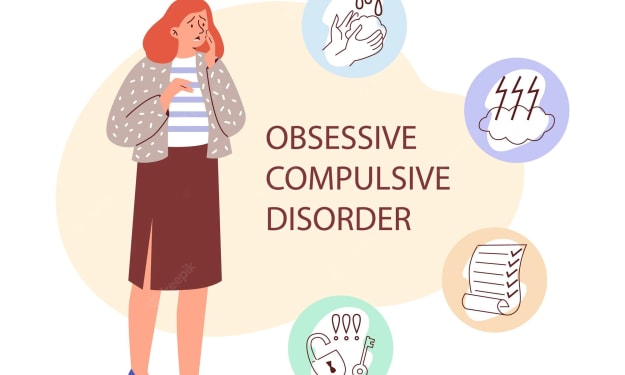Dealing with Negative Emotions Positively
Dealing with Negative Emotions Positively

Negative emotions, such as anger, sadness, fear, and anxiety, are a natural part of the human experience. They can arise from a range of experiences, like the loss of a loved one, stressful work situations, or everyday mishaps. While these feelings are perfectly normal, they can become problematic if we let them dominate our thoughts and actions. This article explores how to control negative emotions and transform them into constructive forces in our lives.
Understanding Negative Emotions
To manage negative emotions, it's crucial first to understand their nature and purpose. Emotions are not inherently good or bad; instead, they are signals telling us something about our internal or external environment. Negative emotions often indicate areas in our lives that require attention and care. They are like an alarm clock, waking us up to the issues we need to address.
Develop Emotional Awareness
Before we can control our negative emotions, we must be able to identify them. Emotional awareness is the ability to recognize and name what we're feeling. It's the difference between vaguely knowing you're upset and being able to pinpoint whether you're feeling frustrated, anxious, or sad. Start by observing your emotional patterns. Pay attention to the triggers, the physical manifestations, and the behavioral outcomes of your negative emotions.
Healthy Emotional Expression
Expressing emotions healthily is an essential part of dealing with negative emotions. Many people mistakenly believe that controlling emotions means suppressing them. However, such a strategy can lead to emotional imbalance, mental health issues, and even physical ailments. Instead, it's healthier to communicate your feelings in appropriate and constructive ways.
For instance, if you're angry about a misunderstanding with a friend, openly discuss your feelings instead of letting them fester. Writing in a journal, expressing feelings through art, and talking to a counselor or a trusted friend are other effective ways of venting negative emotions.
Cognitive-Behavioral Techniques
Cognitive-behavioral techniques can be highly effective in learning how to control negative emotions. They involve changing the thinking patterns that lead to negative emotions and modifying the behaviors associated with them.
One such technique is cognitive restructuring, which involves identifying and challenging negative thought patterns. For example, if you're feeling anxious about a job interview, you might be thinking, "I'm going to fail." Cognitive restructuring involves challenging this thought with something more positive, like, "I am prepared and will do my best."
Mindfulness and Meditation
Mindfulness and meditation can also be instrumental in dealing with negative emotions. Mindfulness involves focusing on the present moment without judgment. It teaches us to observe our emotions as transient states, not definitive truths about ourselves or our lives.
By practicing mindfulness, we learn to see our negative emotions for what they are – temporary and manageable. A regular meditation practice can improve our ability to stay centered amidst emotional turmoil, reducing the intensity and duration of negative emotional states.
Physical Activity and Self-Care
Regular physical activity is a known mood booster. Exercise stimulates the release of endorphins, which are natural mood elevators. It also provides a healthy distraction from negative thoughts. Complement this with proper nutrition, adequate sleep, and other self-care practices, and you have a comprehensive strategy for managing negative emotions.
Professional Help
Finally, remember that it's okay to seek professional help when dealing with overwhelming negative emotions. Psychologists and therapists are trained to help you understand and navigate your emotional landscape. Cognitive-Behavioral Therapy (CBT) and other forms of therapy can equip you with tools and strategies for managing your emotions more effectively.
In conclusion, dealing with negative emotions positively doesn't mean eliminating them. It means learning how to control negative emotions, understand their messages, express them healthily, and make the necessary changes. Emotions, including negative ones, are part of our human experience. With the right approach and tools, we can transform these emotions from barriers into stepping stones towards personal growth and improved mental health.





Comments
There are no comments for this story
Be the first to respond and start the conversation.